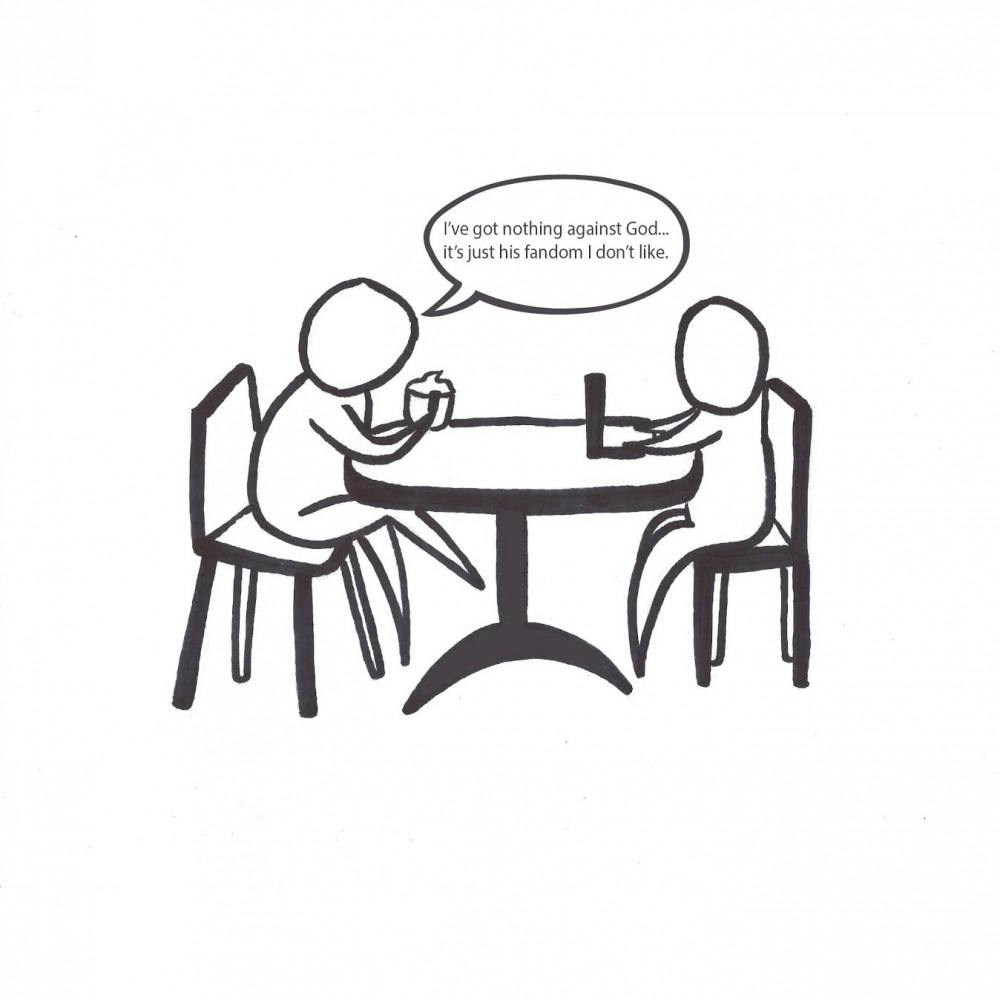Although most Hoosiers are Christian, many young Indiana residents are losing interest in organized religion. Roughly 10 percent fewer people identify as Christians in Indiana compared to 2007, according to Pew Research Center, and far fewer than that are actually attending church.
The Editorial Board does not have a negative view of religion as a whole, but the institutional corruption and excess of many organized religions should leave young people wanting more.
A separate Pew study found that institutional trust in many American institutions is falling. Among the 14 categories listed, “church or organized religion” saw an 11 percent decrease in the number of people who had “a great deal” or “quite a lot” of trust in it between 2006 and 2016.
Obviously, institutional religion can do a great deal of good, but young people are rubbed the wrong way by religious superstars like Joel Osteen, a Texas televangelist with a $10.5 million home.
When a religion advocates for living modestly but its most successful preachers line their wallets with tithe money, the megachurches should expect people to lose trust in them.
Additionally, topics like LGBT issues likely play a role in the Hoosier exodus from churches. According to Pew, 54 percent of Indiana residents now believe homosexuality should be accepted.
Though many Christian churches now accept gay people into their congregations, the historic treatment of homosexuals by the church – including its role in shifting Roman-era acceptance of homosexuality into the centuries of social shaming to follow – does not inspire much confidence.
This is not to say Christianity is worse than other religions in its modern-day treatment of the LGBT community, but, according to Peter Beinart of the Atlantic, “secularism is indeed correlated with greater tolerance of gay marriage.”
As our culture becomes more accepting of alternative lifestyles and those who are dissimilar to us, people seem to find less value in organized religions.
Many young people see large churches and the strict lifestyle guidelines many of them uphold as relics of a less tolerant past.
Corruption also likely plays a large part in why young people are less likely to wake up early and put on nice clothes on Sundays.
The Vatican and the Catholic Church have a long rap sheet when it comes to corruption, even in modern times. From investing in weapons manufacturers in the 1960s to more recent sexual abuse allegations, the church can’t seem to get out of its own way.
In a piece for the Wall Street Journal, Daniel C. Dennett speculates that religion, if following current trends, will eventually be almost nonexistent in the Western world. Those who are religious will be “differentiated from most of society,” much like nonreligious people have been in the past.
The Editorial Board does not believe that religion is wrong or that its eventual extinction would necessarily be a good thing. But a shift from large, institutionalized religion to a more personal relationship to faith would remove many of the problems of today’s religions.




